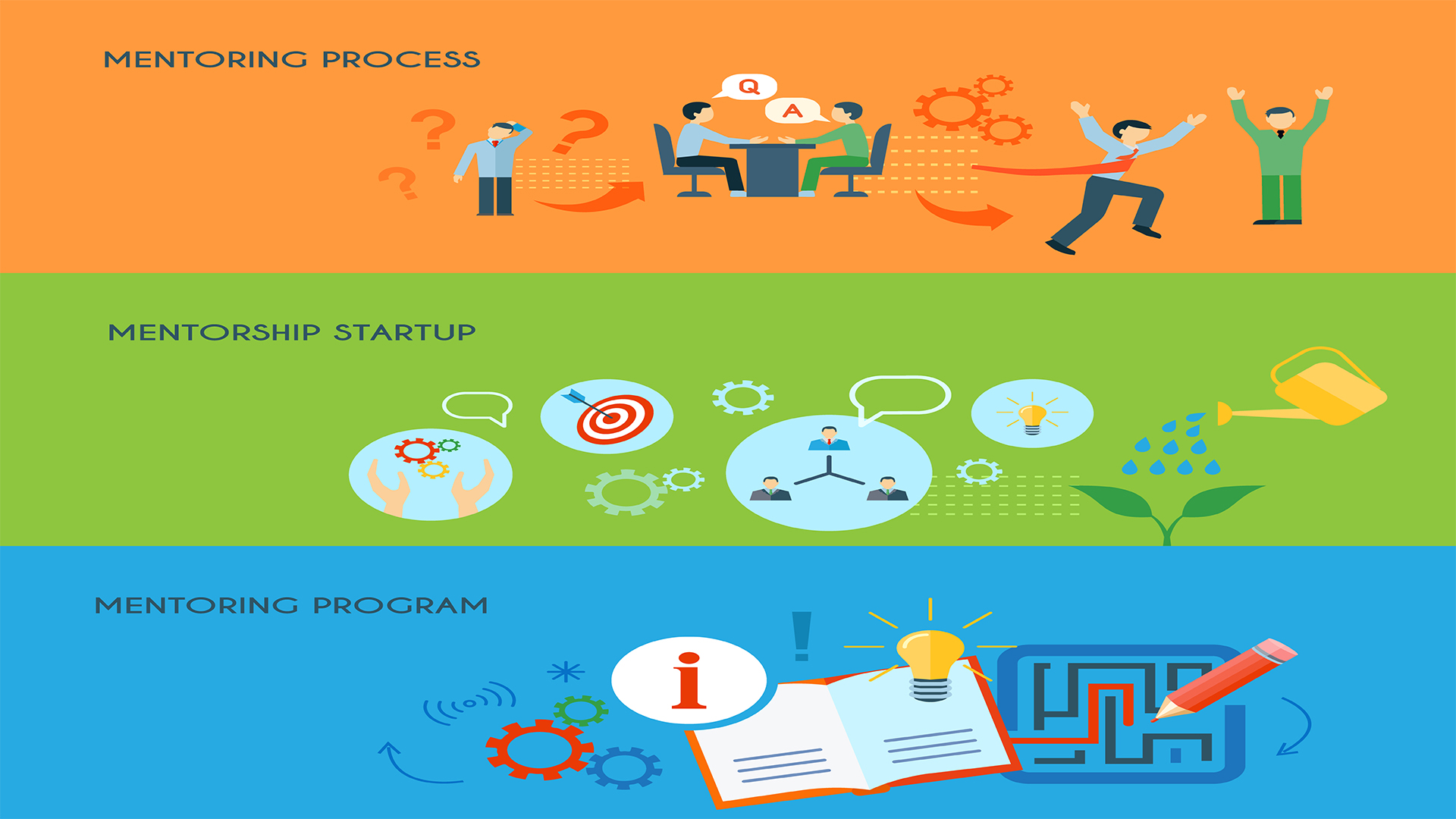
Stress Management Wizard & Mindful Stress Reduction
Course overview
Stress affects everyone. People in Evermore are dealing with pressure from time constraints, stress, and overload. In general, stress is beneficial since it motivates you to take on new challenges. On the other hand, prolonged, excessive stress constantly stimulates the body’s stress response system.
The body’s overproduction of the stress hormone cortisol can raise one’s chance of developing a number of mental and physical conditions, including heart disease, obesity, depression, sleeplessness, memory loss, and more.
Understanding when we are in a state of distress is crucial. Stress is a direct or indirect cause of 50% of worker absenteeism. Furthermore, the pressure to excel in all spheres of life—work, family, and social—increases with age and shortens the life expectancy of those who find it difficult to manage their stress.
How can you support yourself to be more productive without sacrificing your emotional or physical well-being?
Learn about the detrimental effects of stress on our health in this training course on stress management and reduction provided by Training Bee. Additionally, you will get more realistic stress management skills. So, how can you stop feeling stressed? What are some useful methods for stress management?
This program will walk you through stress-reduction tactics that could include exercise, music, humor, and relaxation training in addition to lifestyle modifications. By using these approaches, one can create effective habits that boost confidence and help one get rid of anxiety and fear by learning how to handle it appropriately. This is how mental development works overall.
Learning to fully accept responsibility for your emotions, ideas, attitudes, and behaviors is necessary for this stress management strategy to be beneficial. Regardless of the severity of the stress, it is extremely feasible to eliminate it.
Along with providing you with the most recent scientific advancements in the areas of stress and mental/emotional wellness, you will delve further into the various components of nutrition.
It will be possible for you to balance your brain’s hemispheres and meridians by effectively using the concepts you have learnt in this program. By doing this, you will be able to de-stress and reach the highest possible state of relaxation.
Introduction
Welcome to the training course on stress reduction and management! Stress has become an almost inescapable aspect of our lives in the fast-paced world we live in today. Effective stress management, however, is necessary to preserve general wellbeing and productivity.
The goal of this training program is to provide you the skills, knowledge, and techniques needed to identify, comprehend, and successfully handle stress in both personal and professional contexts. Our goal is to provide you with useful skills that you may use in everyday life.
A training course on stress management and reduction aims to provide people with the tools they need to manage and reduce stress in both their personal and professional lives. A variety of subjects are usually covered in the course, such as comprehending the nature of stress, determining its sources, and putting into practice workable strategies to control and lower stress levels. Techniques frequently include coping mechanisms, time management, mindfulness exercises, and relaxation techniques.
We are The Training Bee, a global training and education firm providing services in many countries. We are specialized in capacity building and talent development solutions for individuals and organizations, with our highly customized programs and training sessions.
These classes are frequently participatory, including role-playing, group discussions, and hands-on activities to support learning. Their mission is to empower people with useful tools to properly manage and minimize stress in their daily lives, in addition to disseminating information.
After completing the course, participants should anticipate having a customized arsenal of stress-reduction strategies that work for their unique situation.
Learning Objectives
Upon completing Stress Management and Stress Reduction Training Course, participants will be able to:
- Understand the fundamentals of stress reduction
- Recognize and manage your stress-producing environments
- Learn to respond proactively to challenging situations
- Apply stress-reduction strategies in your work, home, and social life.
- Change your lifestyle to manage stress.
- Create a successful strategy to reduce and manage stress.
- Recognize the non-tangible problems associated with stress
- Analyze the stress-related psychological systems.
- Discover the main integrative therapies for managing stress.
Our Unique Training Methodology
This interactive course comprises the following training methods:
- Journaling – This consists of setting a timer and letting your thoughts flow, unedited and unscripted recording events, ideas, and thoughts over a while, related to the topic.
- Social learning – Information and expertise exchanged amongst peers via computer-based technologies and interactive conversations including Blogging, instant messaging, and forums for debate in groups.
- Project-based learning
- Mind mapping and brainstorming – A session will be carried out between participants to uncover unique ideas, thoughts, and opinions having a quality discussion.
- Interactive sessions – The course will use informative lectures to introduce key concepts and theories related to the topic.
- Presentations – Participants will be presented with multimedia tools such as videos and graphics to enhance learning. These will be delivered engagingly and interactively.
Training Medium
This Stress Management and Stress Reduction Training Course training is designed in a way that it can be delivered face-to-face and virtually.
Course Duration
This training is versatile in its delivery. The training can be delivered as a full-fledged 40-hour training program or a 15- hours crash course covering 5 hours of content each day over 3 days
Pre-course Assessment
Before you enroll in this course all we wanted to know is your exact mindset and your way of thinking.
For that, we have designed this questionnaire attached below.
- Which coping techniques or approaches do you presently employ to handle stress?
- What effects can stress have on your productivity, emotional stability, and physical health?
- Have you ever participated in workshops or training on stress management? If so, what are the most successful tactics you’ve found?
- What do you hope to get out of this course? What particular abilities or information are you looking to acquire?
- How do you make self-care a priority in your everyday life?
- What obstacles do you think you will run into while attempting to apply stress-reduction strategies in your daily life?
- What does it mean to be successful at stress management? For you, what would a less stressful or stress-free life entail?
Course Modules
This Stress Management and Stress Reduction Training Course cover the following topics for understanding the essentials of the Agile Workplace:
Module 1 – Text Text Text Text Text
- Stress and Stress-Reduction Definition
- Stress’s Causes and Origins
- Typical Indices of Stress in People
- Typical Indications of a Stressful Environment
- Acknowledging and Handling Stress
Module 2 – Text Text Text Text Text
- The Stress Physiology
- The HPA Zonal
- Stress Hormones: Cortisol
- Stress and the Brain Sciences
- Adrenal exhaustion
Module 3 – Text Text Text Text Text
- Internal Stress Factors
- Feelings and ideas
- negative mindset
- a mindset of positive thought
- Fear and Concern
- Anger Control
- Stressful external triggers
Module 4 – Text Text Text Text Text
- Managing cognitive overload
- How to remain composed and concentrated
- Developing decision-making skills: Saying No and the Price of Saying Yes
- Challenges and Management of Change
- Organizing Yourself and Managing Your Time
- Setting Tasks and People in Priority
Module 5 – Text Text Text Text Text
- Medication-Based Medical Stress Reduction
- Holistic Therapies: A Non-Medical Approach to Stress Management
- Stress’s Physical Repercussions
- Cerebral Lateralization in the Brain
- System Nervous Autonomic
Module 6 – Text Text Text Text Text
- Managing Subjects: High Level of Stress
- A List of Potential Issues
- Cycles of Communication
- Building a Communication Bridge
Module 7 – Text Text Text Text Text
- Strategies for Treating Stress Management
- Breathing techniques for relaxing
- The Breatheology of the Respiratory System
- Breathing and Nervous System Function
- Breathing Diaphragmatically and Counting Breaths
Module 8 – Text Text Text Text Text
- Stress’s Physical Symptoms
- Syndrome of Post-Traumatic Stress
- Psychiatric Signs of Stress
- Psychology: The Mental Sciences
- Guidelines for Reducing Stress
Post-course Assessment
Participants need to complete an assessment post-course completion so our mentors will get to know their understanding of the course. A mentor will also have interrogative conversations with participants and provide valuable feedback.
- What difficulties did you run across when putting these stress-reduction strategies into practice, and how did you resolve them?
- After finishing the course, how has your understanding of stress and how to manage it changed?
- Have you noticed any gains after using these stress-reduction techniques in your productivity, mental wellness, or physical health?
- What more resources or assistance do you think would be beneficial to keep up your good stress management?
- Have you imparted your knowledge to others? If yes, how did they react or provide input?
- Based on the knowledge you have gained from the course, what particular adjustments do you intend to make or keep implementing?
Lessons Learned
Understanding Stress: Realizing that stress is a normal part of life and that it’s important to distinguish between stressors that are manageable and those that are too much for you.
Being more self-conscious and thoughtful, as well as being aware of one’s own stress triggers and reactions, are key life skills.
Coping Strategies: To effectively handle stress, develop a toolkit of various coping mechanisms, including deep breathing, meditation, time management, and cognitive restructuring.
Setting Self-Care as a Priority: Realizing the value of self-care, which includes stress-reduction techniques including relaxation, healthy eating, exercise, and sleep.
Setting limits and being assertive: appreciating the importance of boundaries, knowing when to say “no,” and exercising assertiveness in handling obligations and workload.
Flexibility and Adaptability: Learning to be flexible and adaptable when faced with stress, accepting that change is a constant, and making the necessary adjustments.







